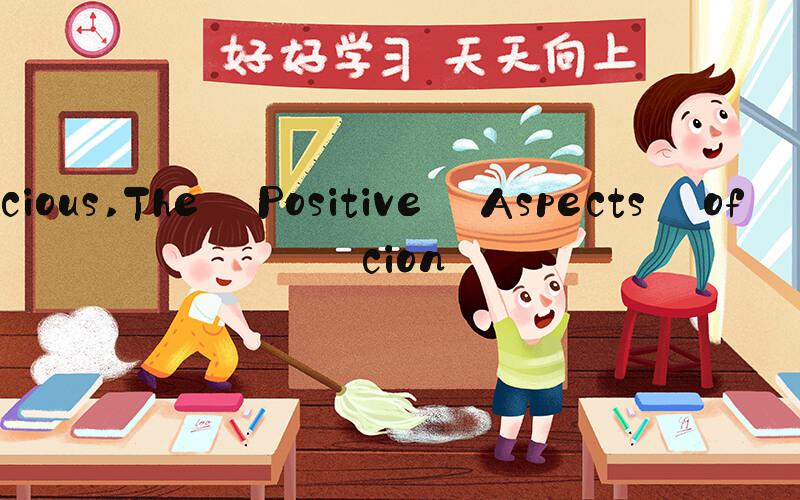
Is Suspicion Always a Negative Emotion?
It's common to associate the word "suspicious" with negative connotations. After all, suspicion often implies a lack of trust, a belief that something or someone is not quite right or that there may be hidden motives behind someone's actions. But is suspicion always a negative emotion? Is it possible to use it in a positive way? Let's explore this idea more thoroughly.
The Positive Aspects of Suspicion
While suspicion is typically viewed as a negative emotion, it can also be useful and even necessary in certain situations. For example, when meeting new people or in unfamiliar situations, a healthy level of suspicion can help you stay safe by alerting you to potential dangers. The same is true when doing business or making important decisions that require careful consideration of all the facts. In these situations, a cautious and skeptical approach can actually help protect you and lead to better outcomes.
The Negative Effects of Suspicion
Despite its potential benefits, suspicion can also have negative effects when taken too far. In extreme cases, it can lead to paranoia or mistrust, damaging relationships and hindering personal growth. It can also cause unnecessary stress and anxiety, leading to physical and mental health problems. When suspicion becomes uncontrolled, it can become a major obstacle to living a happy and fulfilled life.
Managing Suspicion in Life
Learning how to manage suspicion is a crucial skill for living a balanced and healthy life. One way to do this is by becoming more self-aware. Try to understand when and why you feel suspicious towards others, and what triggers those feelings. Is it based on past experiences, or something you've been taught to believe? By exploring the root causes of your suspicion, you can start to manage it more effectively and decide when it's necessary to trust others or when it's best to be cautious.
Another way to manage suspicion is by practicing mindfulness and staying present in the moment. When you're feeling suspicious towards someone, it's easy to start imagining worst-case scenarios and making assumptions. By staying grounded and focused on the present moment, you can avoid these mental traps and make more rational decisions.
The Role of Trust
Ultimately, the key to living a happy and fulfilled life is finding a balance between suspicion and trust. While suspicion can protect you in certain situations, it is ultimately trust that enables us to form deep connections with others and engage fully in life. By learning to trust others in appropriate situations, you can expand your life and build deeper connections with those around you. Trust also enables us to be vulnerable, to share our fears and desires with others, and to experience the full range of human emotions.
So while suspicion is an important emotion that can serve us well in certain situations, it's important not to let it dominate our lives. By finding the right balance between suspicion and trust, we can lead a happier, more fulfilling life and forge deeper connections with those around us.

